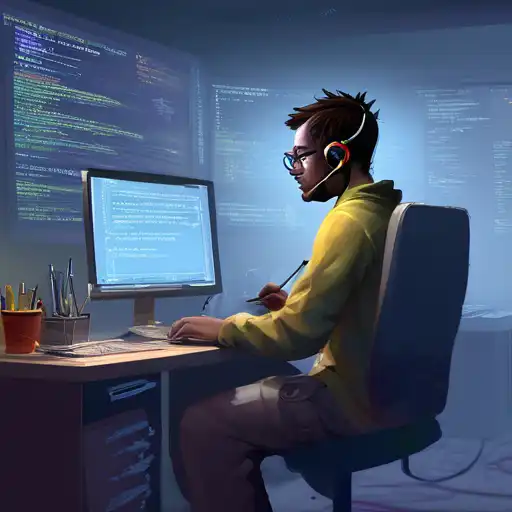Introduction to Debugging for New Programmers
Debugging is an essential skill for every programmer, especially for those just starting out. It involves identifying and resolving errors or bugs in your code that prevent it from running correctly. This article provides practical debugging tips to help new programmers navigate through common coding mistakes efficiently.
Understand the Error Messages
One of the first steps in debugging is to read and understand the error messages your development environment throws at you. These messages are designed to point you in the direction of the problem. Whether it's a syntax error or a logical error, the error message is your first clue.
Break Down Your Code
When faced with a bug, try breaking down your code into smaller, more manageable parts. This approach, often referred to as divide and conquer, allows you to isolate the section of code causing the issue, making it easier to identify and fix.
Use Print Statements
Print statements are a simple yet powerful tool for debugging. By strategically placing print statements in your code, you can track the flow of execution and the state of variables at different points. This method is especially useful for beginners who are not yet familiar with more advanced debugging tools.
Leverage Debugging Tools
Most Integrated Development Environments (IDEs) come equipped with debugging tools that allow you to step through your code line by line, inspect variables, and evaluate expressions in real-time. Learning to use these tools can significantly reduce debugging time.
Check for Common Mistakes
New programmers often make similar mistakes, such as off-by-one errors in loops, incorrect variable names, or misunderstanding how certain functions work. Familiarizing yourself with these common pitfalls can help you debug more effectively.
Seek Help When Stuck
Don't hesitate to seek help when you're stuck. Online forums, coding communities, and even pair programming can provide new perspectives and solutions to your debugging challenges.
Practice Makes Perfect
Like any other skill, debugging improves with practice. The more you code and debug, the better you'll become at identifying and fixing errors quickly. Remember, every programmer, no matter how experienced, encounters bugs.
Conclusion
Debugging is a critical skill that new programmers must develop to become proficient in coding. By understanding error messages, breaking down code, using print statements, leveraging debugging tools, checking for common mistakes, seeking help, and practicing regularly, beginners can enhance their debugging skills and become more confident in their coding abilities.
